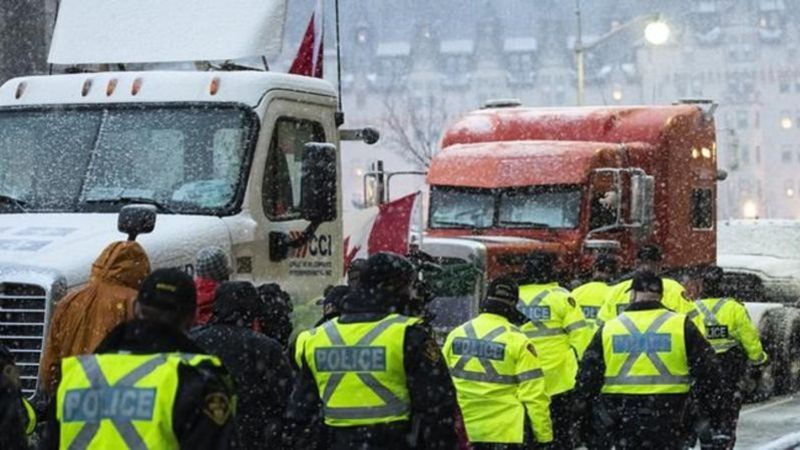
Judge rules federal use of Emergencies Act unreasonable, Medicine Hat MP calls it ‘wise decision’
A judge ruled Tuesday it was unreasonable for the Liberal government to use the Emergencies Act to quell “Freedom Convoy” protests in Ottawa and at key border points two years ago.
While the Liberals plan to appeal the decision, sending it to the Supreme Court, Medicine Hat-Cardston-Warner MP Glen Motz said he supports the ruling.
“It was a wise decision,” Motz told CHAT News at a city event.
“There will be significant fallout from this in the days, weeks and months to come,” he said, adding he plans to read through the full ruling in the coming days.
